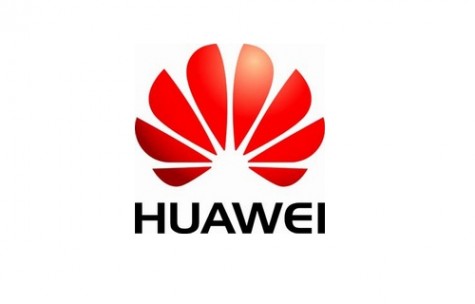While the Chinese-owned network vendor Huawei moves to soften its image in Australia, reports say that concerns over the company’s government ties led it to being banned from bidding on a contract to work on Australia’s National Broadband Network (NBN). As word of Australia’s block spread, lawmakers in New Zealand questioned the safety of their own network, and called for an investigation.
 Huawei has had a rocky existence. Last year, the technology firm was blocked from participating in a government bid to build a national wireless network for first responders, due to national security concerns. Largely, these concerns are because the Pentagon singles out Huawei as a company that maintains “close ties” to the People’s Liberation Army.
Huawei has had a rocky existence. Last year, the technology firm was blocked from participating in a government bid to build a national wireless network for first responders, due to national security concerns. Largely, these concerns are because the Pentagon singles out Huawei as a company that maintains “close ties” to the People’s Liberation Army.
“Given that to the best of Huawei’s knowledge neither the Commerce Department nor any other agency of the U.S. government has conducted any audits of our equipment, such a determination seems utterly capricious,” William Plummer, Huawei’s vice president for external relations commented at the time, when asked about the bid.
Oddly, the GAO agrees with him in its latest report on the IT supply chain used by the government, which SecurityWeek covered earlier today.
Now, Huawei has issues in Australia, where the government reportedly told a local executive not to bother bidding for the NBN contract, as they would not succeed.
“The difference between a US-based Cisco or a Chinese-based Huawei is where they are domiciled. I doubt either make back doors in their products because they would have too much to lose … but they would more than likely help their governments if called in to do so. You need to ask yourself which government has been more loyal to us over time and which would support us in a time of Australian need,” Alastair MacGibbon, formerly the Australian Federal Police’s top cyber agent, told the Financial Review.
The Financial Review broke the story on Huawei being blocked from bidding on the NBN, citing sources who said the reasoning for the move stems form Australia’s need to “to protect [their critical infrastructure’s] integrity and that of the information carried on it.”
In response to the move to block China’s telecom firm from the NBN, Australia’s New South Wales (NSW) Premier Barry O’Farrell said that he feared that it would hurt economic and trade relations.
“I’m concerned that this illogical federal government decision may cruel relationships with the largest economy in our region – a Chinese economy that is doing much to underpin the Australian economy at the present time,” he said.
“I think it is a huge insult to a company that comes from a country where every state and national government should be seeking to further trade and investment ties…Huawei is an international company, Huawei has a presence in this country, Huawei is trusted to deliver telecommunication services in this country.”
As word of Australia’s decision spread to New Zealand, the Green Party called for an investigation into Huawei’s operations there, including their involvement in the country’s ultra-fast broadband initiative and rural broadband initiative.
“Cyber warfare is a major security concern and the government needs to ensure that it is protecting the interests of New Zealanders and New Zealand companies…The government needs to investigate, and it would not be in New Zealand’s national security interests to ignore these concerns for fear of offending the Chinese government,” commented Gareth Hughes, the spokesperson for the Green Party.
For her part, Communications Minister Amy Adams says she is fine with Huawei’s involvement in the initiative.
In related Huawei news, Symantec ended the joint venture it had with the telecom giant, the New York Times reported, because the partnership would exclude the security vendor from obtaining classified information about cyber threats from the U.S. government.
The Times report also mentioned that Huawei was considering pulling out of the U.S. due to increased government oversight, though that fact was not confirmed by the telecom itself. SecurityWeek also speculated in November that these concerns could have played a part in Symantec’s decision to distance itself from the joint venture.
In a statement, a Symantec spokesperson dismissed the Times story as rumor.
“The fact of the matter is, as Symantec’s CEO Enrique Salem said back in November, the reason we are selling our stake in the JV is because we met our objectives for getting into the venture in the first place.”
Related: China’s Huawei to Curb Business In Iran, Citing Increasingly Complex Environment
Related Reading: Who Watches the Watchers?













